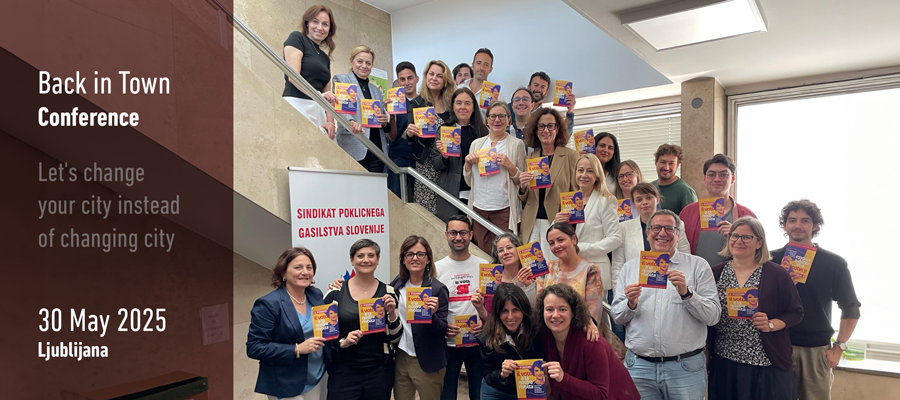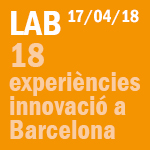Ljubljana, May 30, 2025
The Slovenian capital, Ljubljana, today hosted the second hybrid meeting of the European project “BACK IN TOWN – The role of industrial relations and social dialogue in supporting young people’s employment and social inclusion at an urban level”. This initiative, co-funded by the European Union, aims to analyze the challenges of youth employment and social inclusion at the urban level and promote the role of industrial relations and social dialogue in addressing these difficulties.
The meeting, held at the ZSSS headquarters, began with a welcome address by representatives from MLADI PLUS and the University of Ljubljana, followed by an introduction from the Project Coordinator, Stefania Radici.
During the session, the main findings from the first research phases of the project were presented. Discussions covered local challenges associated with young people’s position in the labour market, with a presentation by Agnieczka Piekutowka (UWB), as well as the most effective urban policies for youth employment and social inclusion, presented by Gabriele Pasqui and Francesco Pio Pugliese (POLIMI).
A notable point of the meeting was the exchange of ideas for the upcoming policy brief titled “Building youth-friendly cities”. This segment included an intervention from Lara Maestripieri (UAB), who is the Project’s Principal Investigator (PI) and a member of the UAB’s IGOP team. Representatives from other entities such as OPZZ, CCOO Cat, and NIDIL, among others, also participated.
The day also featured the sharing of local experiences and good practices, with presentations on topics like youth engagement, student housing, and exhibitions on housing for young people. Furthermore, work continued on strengthening the project’s tools, such as the Observatory on Collective bargaining for Youth-friendly cities and the testing phase of the City Inclusiveness Tool.
The “Back in Town” project, running from October 2023 to November 2025, seeks to reinforce the capacity of industrial relations and social dialogue to create policies that take young people into account at the urban level. It analyzes how social partners and policymakers have addressed these challenges so far. The UAB’s IGOP team, including Lara Maestripieri, is conducting research on the role of these actors in the development and implementation of policies for young people in two medium-sized cities in Spain.
In the pic, a special moment of the meeting in which all partners gathered for supporting the next referendums in Italy.
















